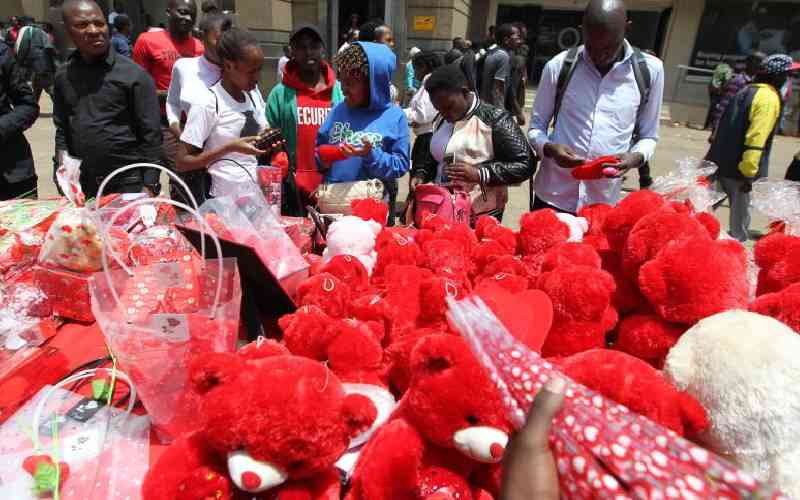×
The Standard e-Paper
Fearless, Trusted News

Fresh Produce Consortium of Kenya (FPCK) has noted a growing demand for ready bouquets by international markets as opposed to single-variety cut flowers.
FPCK Chief Executive Okisegere Ojepati says the increasing demand for bouquets is a good thing for the market and the economy.